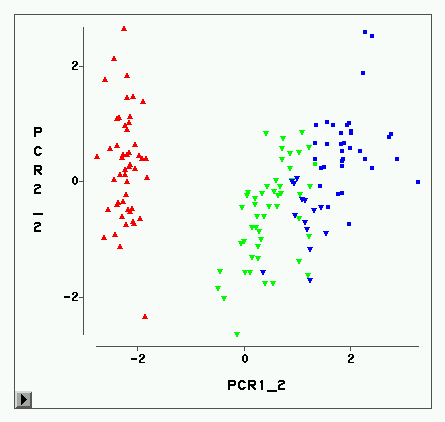Markov Switching models have had increasing success in time series analysis due to their ability to capture the existence of unobserved discrete states in the dynamics of the variables under study. This result is generally obtained thanks to the inference on states derived from the so--called Hamilton filter. One of the open problems in this framework is the identification of the number of states, generally fixed a priori; it is in fact impossible to apply classical tests due to the problem of the nuisance parameters present only under the alternative hypothesis. In this work we show, by Monte Carlo simulations, that fuzzy clustering is able to reproduce the parametric state inference derived from the Hamilton filter and that the typical indices used in clustering to determine the number of groups can be used to identify the number of states in this framework. The procedure is very simple to apply, considering that it is performed (in a nonparametric way) independently of the data generation process and that the indicators we use are present in most statistical packages. A final application on real data completes the analysis.
翻译:暂无翻译



